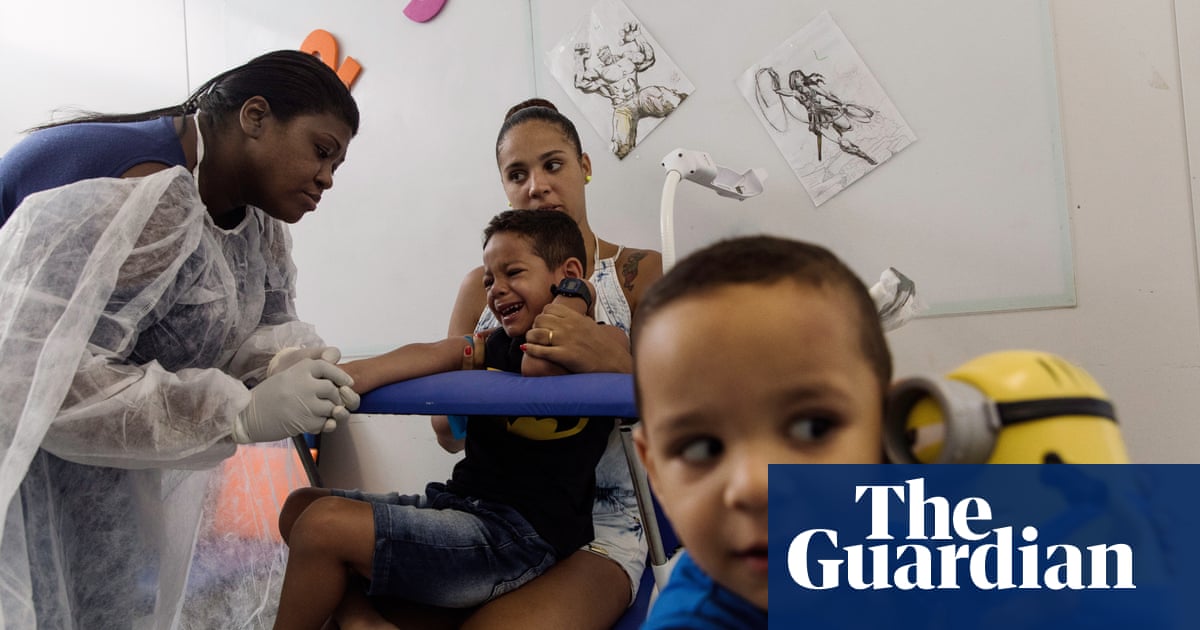Brazil's healthcare system is bracing for a record-shattering surge in dengue fever cases. With over 1 million cases reported in the first two months of 2024 alone, health officials predict the total number of infections to reach a staggering 4.2 million by year's end. This surpasses the previous high by a significant margin, placing immense strain on hospitals and medical staff.
Several factors are contributing to this unprecedented outbreak. The Aedes aegypti mosquito, the primary transmitter of dengue, thrives in hot and humid environments. Unusually heavy rainfall combined with rising temperatures, likely exacerbated by climate change, have created ideal breeding grounds for these mosquitoes across the country. Furthermore, rapid urbanization has resulted in sprawling communities with unplanned infrastructure, leading to pockets of stagnant water where mosquitoes can lay their eggs.
Dengue fever itself is a mosquito-borne viral infection that can cause a wide range of symptoms, from mild flu-like illness to severe dengue hemorrhagic fever, a potentially life-threatening complication. While there's no specific cure for dengue, early detection and proper medical care can significantly reduce the risk of complications. However, the sheer number of anticipated cases threatens to overwhelm healthcare facilities, raising concerns about inadequate treatment and potential fatalities.
To combat the looming crisis, Brazilian authorities have implemented a multi-pronged approach. A nationwide public awareness campaign is underway to educate citizens about the risks of dengue fever and preventive measures such as eliminating mosquito breeding sites around homes and communities. Additionally, the government has accelerated fumigation efforts and deployed teams to remove standing water and debris that serve as mosquito breeding grounds.
Another crucial step has been the recent rollout of a limited public vaccination program. This marks a significant development, as Brazil is the first country in the world to introduce a dengue vaccine on a national scale. However, health experts caution that the vaccine's effectiveness is limited, particularly against all four strains of the dengue virus. Moreover, limited supply restricts widespread vaccination, leaving a significant portion of the population unprotected.
The ongoing dengue surge in Brazil highlights the complex challenges posed by mosquito-borne diseases in a warming world. As climate patterns shift and unplanned urbanization continues, creating favorable conditions for mosquito breeding, proactive public health measures and continued research into improved vaccines become essential to prevent future outbreaks.

